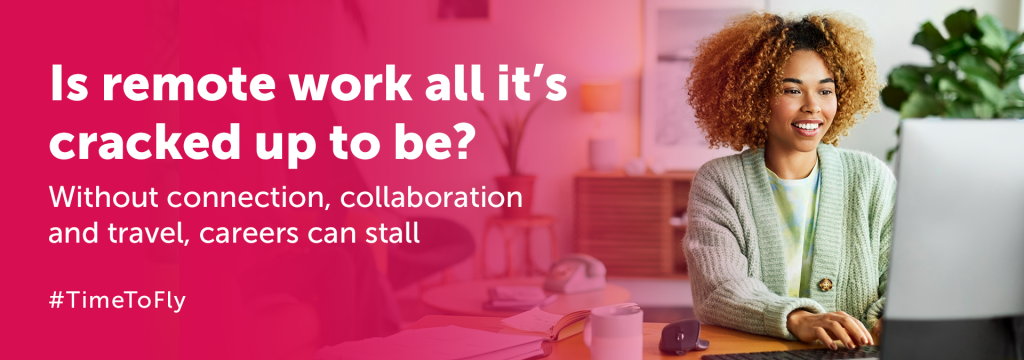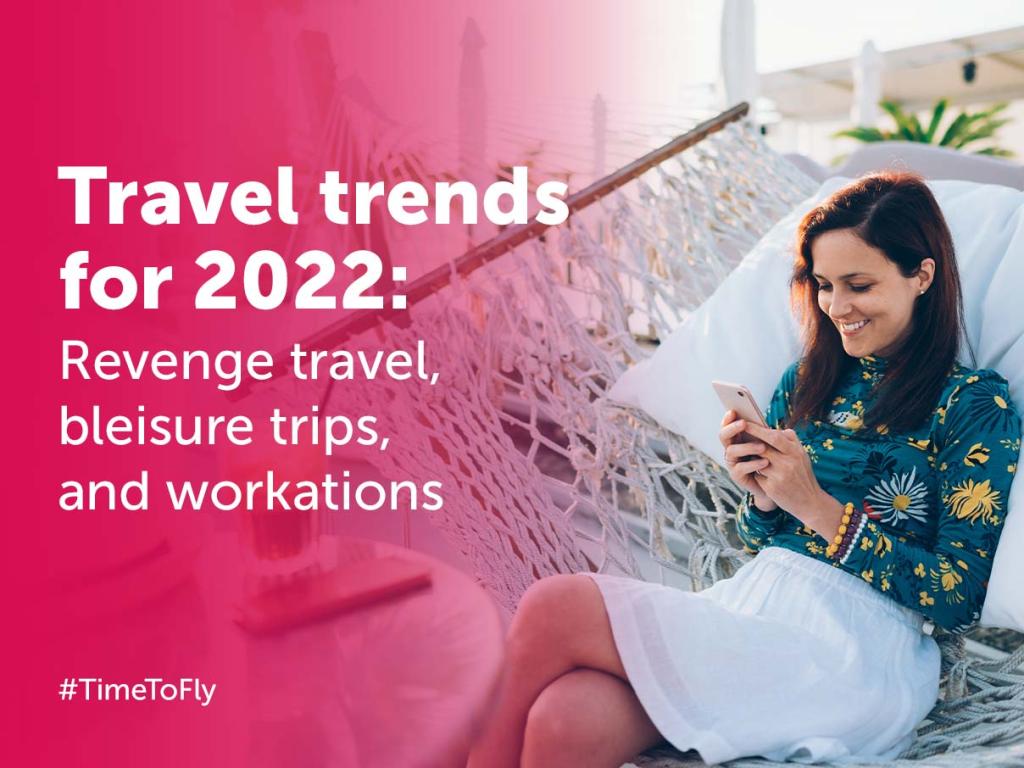
American management professor Anthony Klotz first coined the term the "Great Resignation" back in May last year after a record 4 million Americans quit their jobs in April 2021. And the phenomenon, which is now being seen around the world, is showing no signs of abating (in fact, the US saw another 4.5 million resignations in November 2021).
COVID-19 has made people re-evaluate their working (and personal) lives, and in the words of Klotz, “how we spent our time before the pandemic may not be how we want to spend our time after”.
According to HuffPost founder Arianna Huffington, in quitting their jobs, “people are affirming their longing for a different way of working and living”. It’s a response to the pressures of commuting, work/life balance, stress and burnout. Put simply, many people would rather resign than return to the office on a full-time basis.
But is remote work all it’s cracked up to be? Well, it depends on who you ask.
Those who have established their careers, are able to work comfortably from home (complete with a private space and the necessary WFH tech), enjoy the flexibility and freedom to work from coffee shops or coworking spaces when they choose, not to mention travel when they can, will probably give remote working an enthusiastic thumbs up.
But for new graduates, with their foot on the very first rung, WFH is a lonely place to be. There’s no doubt that an office environment offers up more scope for interaction, learning and networking.
Marc Burrows, KPMG’s head of global mobility services (whose latest report gives long-term remote working a thumbs down) says that while remote working has been very functional, there are elements that are missing. Most importantly, it’s the ability to grow and nurture a culture of creativity, new ideas, interaction and diversity of thinking.
For Oz Desai, GM of Corporate Traveller, these shortcomings were highlighted by the pandemic’s impact on corporate travel.
“Predictably, as corporates grapple with issues around border closures, quarantine regulations, duty of care and what constitutes essential travel, business travel is taking longer to recover than leisure travel. And it’s having a very real effect on the growth, success and culture of organisations around the world.”
Desai believes that while, in principle, both employers and employees want to explore and embrace the flexibility of remote working, cracks are beginning to show.
“Remote workers quickly discovered that the boundaries between work life and home life were blurred during lockdown. It’s led to burnout – and this burnout is also contributing to the Great Resignation.”
Another problem? According to a Hubstaff Blog remote workers are more likely to look at WFH jobs as stepping stones or waypoints – and feel no guilt about moving on to new opportunities. This might be because remote staff may not feel as deep a connection (or have stronger roots) as their office-bound counterparts – missing the camaraderie, culture, office friendships and mentoring opportunities of days gone by.
The Great Upgrade
“Interestingly,” says Desai, “The Great Resignation has also been referred to as the ‘Great Upgrade’. People are examining how they want to work and how they see their career path unfolding. They are hoping to create their ideal position – with plenty of scope for personal growth, balance and travel.”
For Desai, the biggest issue facing companies in 2022, alongside vaccine mandates and WFH policies, is the retention of talent.
“Business travel has always been a perk. It’s no different today. Younger generations want to travel and obtain international work as a part of their careers. Companies looking to attract the right talent will need increasingly progressive policies around hybrid work, working holidays and digital nomadism.”
Moving Forward
Desai believes that the 2022 working environment will look very different to the lockdown, WFH scenario we’ve all got accustomed to.
“Although people like the idea of working from home, we can expect a strong move back to the office – perhaps balancing remote work with a couple of days spent in the office for those positions that can accommodate it. Flexibility is now at the top of the agenda.”
Business travel will also look very different. “The sector’s recovery has been slow,” says Desai, “but according to the Global Business Travel Association (GBTA), global business travel spend is set to surge in 2022, with spend ultimately reaching 2019 levels by 2024 – a full year earlier than previously predicted.
“And as it recovers you can expect changes too, think longer more meaningful trips, long-stay visas, built-in bleisure opportunities for shorter trips, team-building getaways and the like. This year business travel will be all about reconnection, collaboration – and reimagining a person’s role, growth and career opportunities.” - Oz Desai


